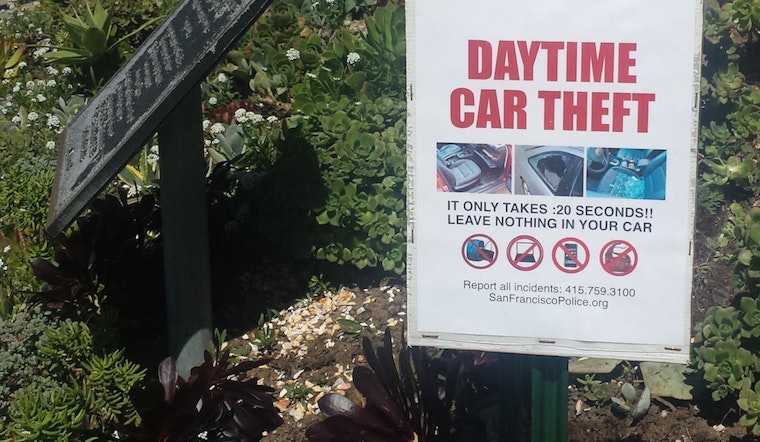
A recent rise in vehicle burglaries and thefts, home burglaries, and homelessness was top-of-mind for concerned Outer Sunset residents at a packed community meeting on public safety, held at the Ortega Branch Library on Wednesday night.
At the meeting, facilitated by Supervisor Katy Tang, residents heard from a panel of city officials, including Supervisor Norman Yee, Assistant Attorney General Marc Massarweh of the District Attorney's office, Captain Denise Flaherty of Taraval Station, SFPD Officer Daniel Rosiak, Furlishous Wyatt of SF SAFE, and Brenda Mescan of the Homeless Outreach Team.
Like the rest of the city, Taraval District has seen a dramatic increase in crime. For instance, while there has been a 17 percent increase in residential burglaries citywide, they have increased by 47 percent in the district. Similarly, the city has seen an overall increase of 31 percent in auto crimes, but in Taraval District, there has been a 34 percent increase.
"Criminals are smart," Captain Flaherty said. "[The statistics] tell me that criminals have figured out, 'Let's go into the Taraval.'"
Taraval Station covers a larger territory than many of the other police precincts in the city. As the station's website puts it, it covers all areas "west of Twin Peaks to the Pacific Ocean and south to the county line, and north to Lincoln Way." That territory spans the entire Sunset district, Ingleside, West Portal, St. Francis Wood, Lakeside, and many other neighborhoods.
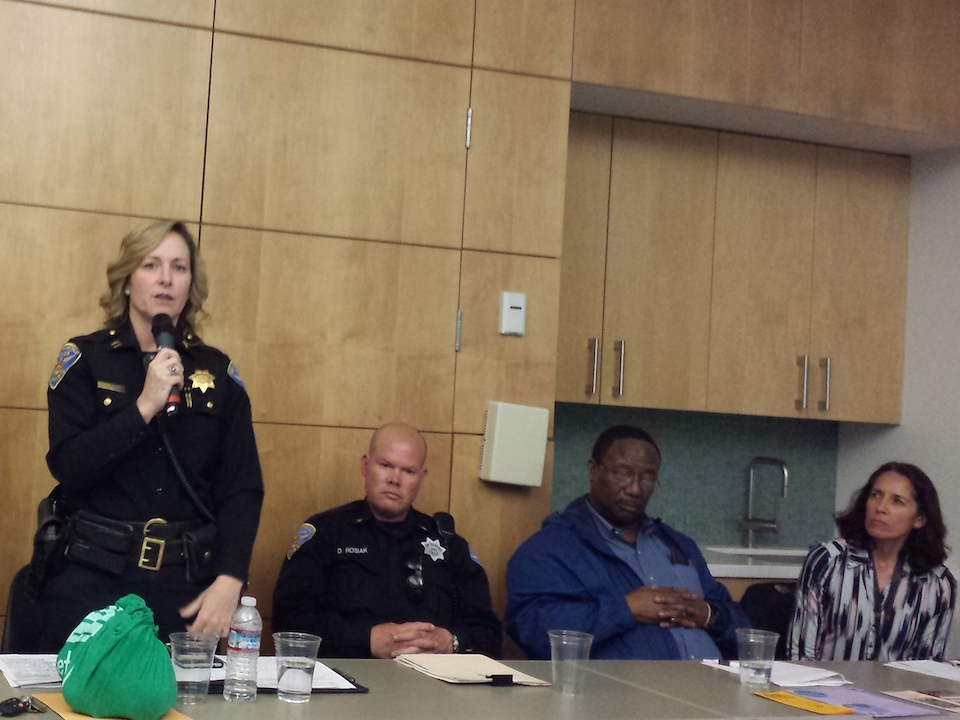
Captain Denise Flaherty of Taraval Station stands next to Officer Daniel Rosiak, Furhlicious Wyatt of SF SAFE, and Brenda Mescan of the Homeless Outreach Team. (Photo: Fiona Lee/Hoodline)
Beyond the geographical spread, Captain Flaherty cited a number of challenges for her district during this increase in crime.
One of the biggest issues is that Taraval District has comparatively fewer officers than other districts—although that changed on Saturday, with the arrival of six new officers.
"What I'm seeing at Taraval Station is that I lost eight great officers, and they didn't get replaced," Captain Flaherty pointed out. At the time she spoke, there were only 72 officers in Taraval District.
Calls for service are another data point for decisions about staffing. "In the month of February, Taraval had 421 high-priority calls. But when you look at other stations, like Central, Southern, and Mission ... those stations are looking at something like 807 or 946 [high-priority calls]. Those are the things that are taken into account when decisions about staffing."
Residents submitted questions through index cards. Many had questions about Prop. 47, which officials said they had very little control over, as it was a voter initiative.
"It's important to note that there was a rise in property crime even before Prop. 47," Asst. Attorney General Massarweh, whose parents live in West Portal, told Hoodline after the meeting.
Another challenge for the SFPD has been the District Attorney's office's practice of "bundling" with auto crimes, where prosecutors prioritized criminals who commit multiple crimes, instead of charging for individual cases. This has allowed auto thieves to quickly return to the streets and continue to commit crimes.
"They are difficult to prove, and we want to get the best evidence possible," said Massarweh. "These are tough crimes. For the most part, they are committed when people are not around, or at night."
Other residents were concerned about an increase in homelessness in commercial corridors, especially with aggressive individuals, one of whom was mentioned as frequenting 23rd and Irving.
“In my experience, you have to be compassionate [regarding enforcement],” said Officer Daniel Rosiak, a homeless resource officer who has been working on the beat for a year. “It can’t always be the letter of the law all the time. You have to build a rapport with individuals.”
Officer Rosiak emphasized that homeless individuals had to be caught in the act or reported to be arrested. He encouraged the community to directly contact him when there were issues, saying that police were “well-aware” of the problem.
Throughout the night, city officials recommended that residents be proactive about contacting the police on public safety.
“The best asset for any community is a nosy neighbor,” said Wyatt, of SF SAFE. “There’s no such thing as a dumb call that can go to the San Francisco police. Take ownership of your neighborhood, take ownership of your community. Organize a safe neighborhood.”
To find detailed tips for public safety and crime prevention, visit SF SAFE’s website.


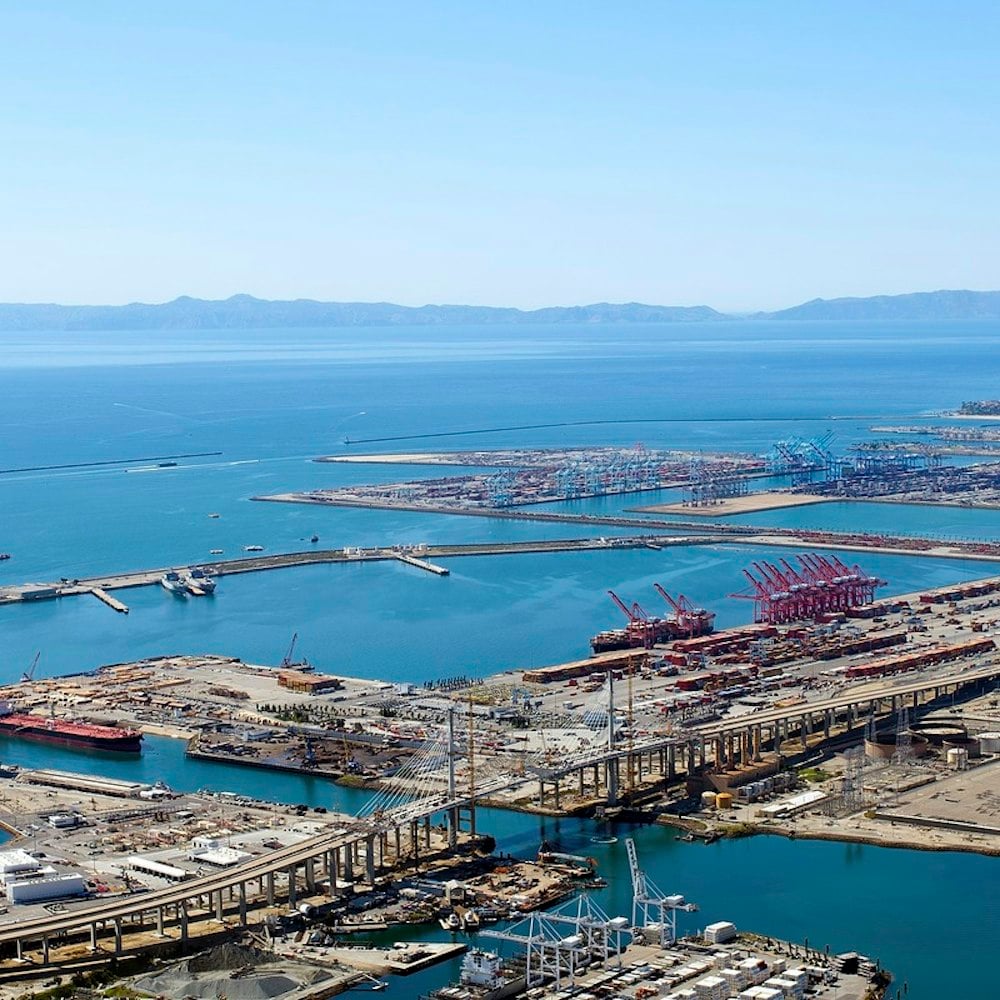


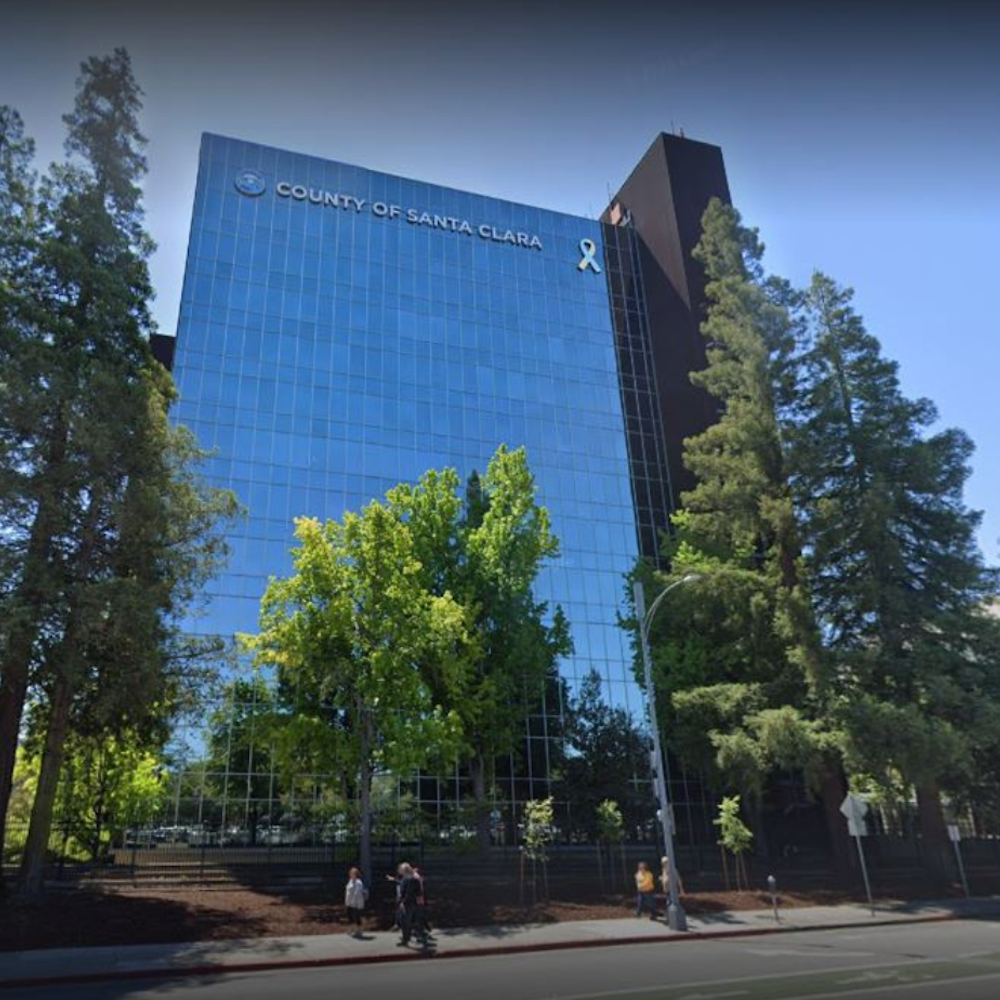

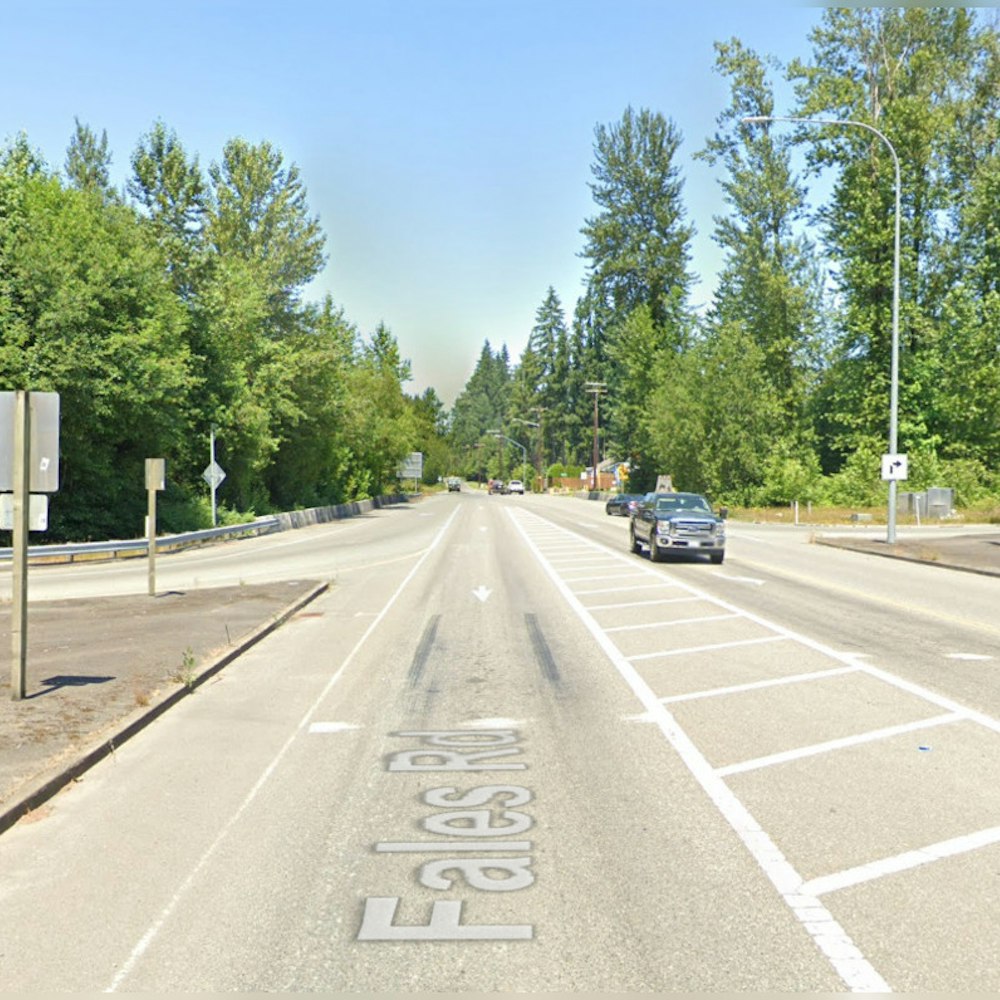
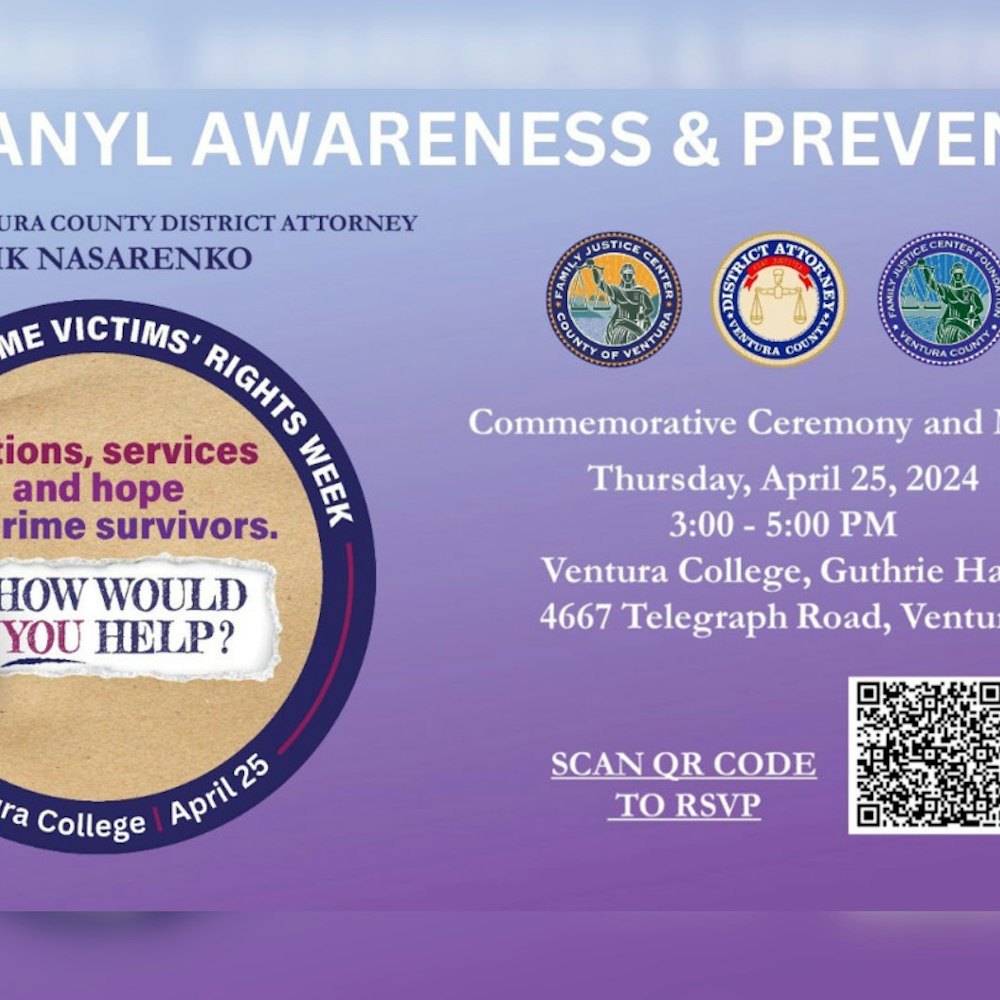
-1.webp?w=1000&h=1000&fit=crop&crop:edges)